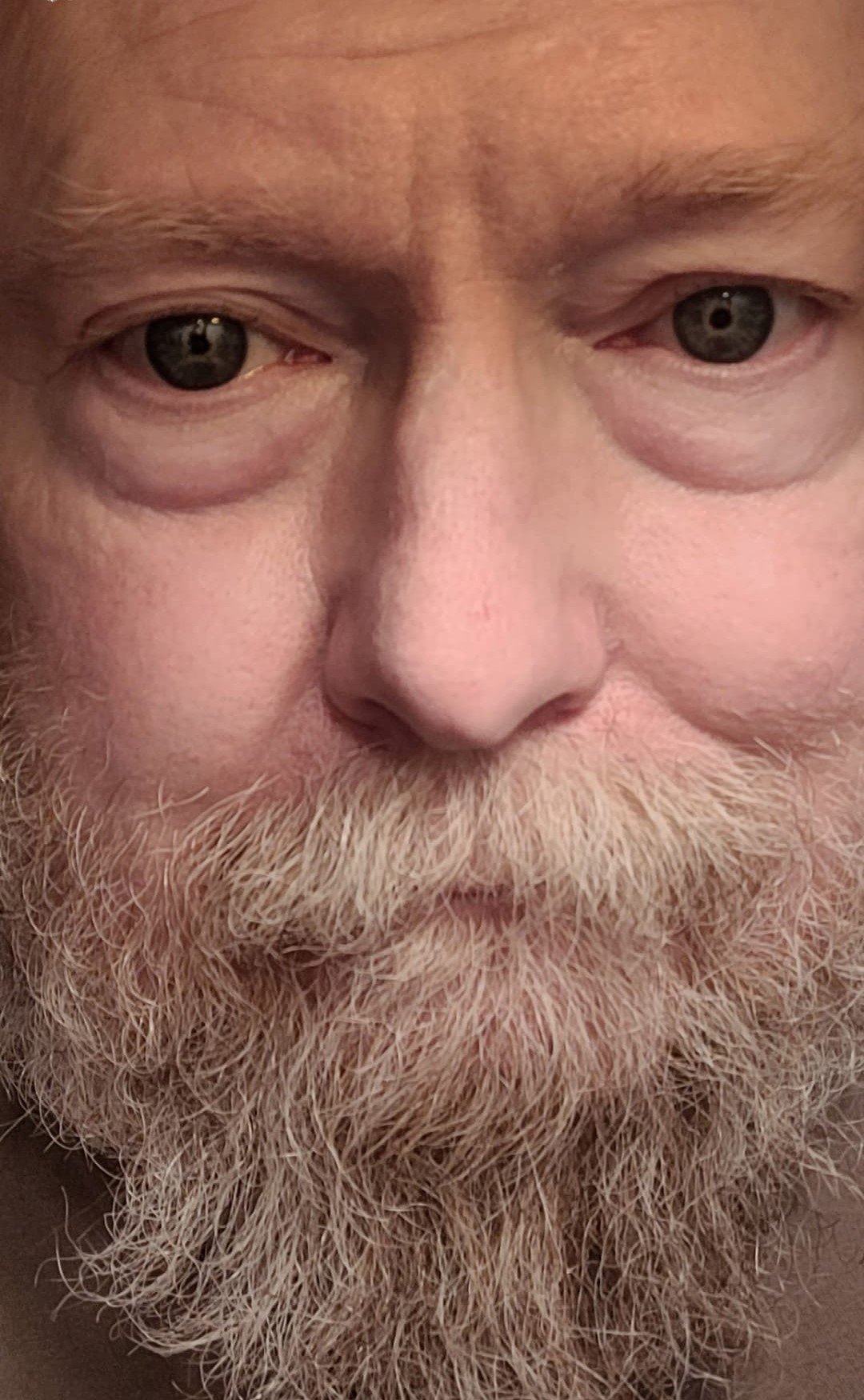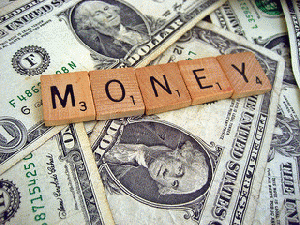While we can stew about the censors, the abridgement of free speech by corporations and Arab governments, or the hullabaloo over artistic expression, the real point is that the American film industry does not now and never has had much interest in telling the truth. The closest thing to truth in Hollywood movies recently is P.L. Travers' anxiety over her book being Disney-fied in Saving Mr. Banks. But the Beautiful South already recorded a song about that issue decades before Hollywood saw fit to hold the mirror up. When push comes to shove, the debate is not about being free to express ideas but rather the freedom to make money by demeaning others.
Censorship has been around as long as humans have written down their thoughts. Everyone self-censors out of fear, anxiety, politeness. Some do so more than others. Actually, etiquette is perhaps the best guide to how, what, where, and to whom one says things. Etiquette is the Golden Rule writ large enough to fit every occasion. On very special occasions, the rule has been couched as "If it had been your wife". Indeed, how one would react if a spouse was treated in a certain way is a very good barometer of how we should deal with others. If we would cringe when a spouse heard something, best not to say it. If we would rise to a murderous rage when someone did something to a spouse, best not to do it to others.
Corporations and governments censor in the name of stability. That which is banned may cause uproar and disturb civic harmony. Far better to prohibit the consumption of some words or pictures than allow the forces of chaos to slip into society. So what if the act of censorship riles some, causing the very same frictions that are meant to be avoided. They will get over it. They always do until they don't.
Something may be said for government complaints about the way they, their leaders, or their countries' beliefs are represented. After all, free speech is aimed at providing an unorganized forum for the exchange of ideas to protect, uphold, and further society. It is not, and never has been, a license to say anything and everything. Incitement to riot, child pornography, and defamation are all prohibited in even the most liberal societies. Free speech, like all liberties, has boundaries circumscribed most often by those doing the speaking, but sometimes by those being spoken to or of.
Ah, but art is different. Not really. The use of language in art and depictions of historical figures exist to tell a story, but what if the language or figures are demeaning or wrong-headed? What is the point of adding white men to the discussion of Semitic history or slapstick to the clowns ruling just south of the Yalu River? If the creators of Exodus and The Interview were Dadaists or Surrealists, the making of the thing would be the point. They are not. They are after a buck. They seek to entertain the masses, not the cerebral elites. In a variation of God making man in His image, once again, Hollywood has made films reflecting its own insalubrious image. How do we defend choices made by supposed artists who are trying harder to earn money than to express themselves?
There are people in the film industry, Woody Allen springs to mind quickly and effortlessly, who tell the truth. They are not Hollywood. They create art. And despite the sometimes shocking things their characters have to say or situations they wind up in, they are unlikely to be banned. The surest defense against slander is the truth. It is quite possible to make movies like Exodus and The Interview, make money, and make an impression by being true to the world and history. The discussion about these films has little to do with freedom and a lot to do with greed hiding behind freedom. They are the cultural equivalents of the majority arguments in Citizens United and McCutcheon. The next question is whether this opinion amounts to liberal heresy.






